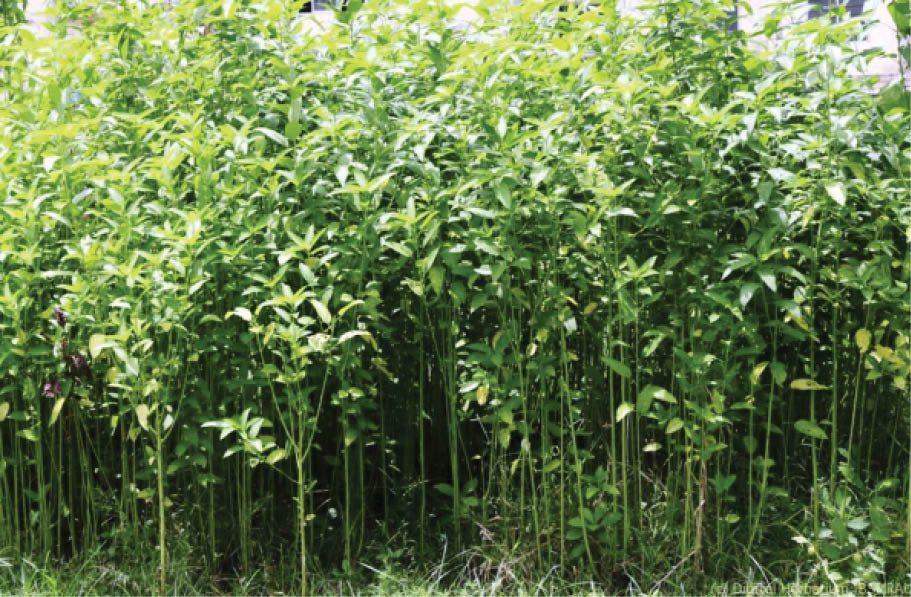‘Kenaf production can save huge forex’
Prof. James Adediran, Executive Director, Institute of Agricultural Research and Training (IART&T), Ibadan, has said that kenaf production could save huge foreign exchange for Nigeria, if well developed. Adediran, represented by the IAR&T Deputy Director, Dr Jelili Saka, made the assertion at an empowerment workshop on Kenaf/Jute value chain, organised by Degolex Merchant Ltd., Ibadan, […]

Prof. James Adediran, Executive Director, Institute of Agricultural Research and Training (IART&T), Ibadan, has said that kenaf production could save huge foreign exchange for Nigeria, if well developed.
Adediran, represented by the IAR&T Deputy Director, Dr Jelili Saka, made the assertion at an empowerment workshop on Kenaf/Jute value chain, organised by Degolex Merchant Ltd., Ibadan, in collaboration with Bora Agro Nig. Ltd. Kenaf is a brown plant fibre similar to jute, used to make ropes and coarse cloths.
A member of the hibiscus family, kenaf is a close relative to cotton and okra, and is originally from Africa. It is an easily-grown crop and high in yield.
Two distinct fibres are harvested – bast and core.
Adediran said that kenaf was of high value for the import substitution target of the Federal Government’s Economic Recovery and Growth Plan.
He noted that kenaf core was used in bioremediation of oil-polluted soil and in production of jute bags, POP ceilings, handbags, shoes and other handicrafts.
The director added that the seed was rich in oil of nutritional importance as it was low in cholesterol, while the cake from the oil extraction was a useful material in livestock feed, in addition to the leaves.
“Nigeria spends billions of naira annually in importing jute bags. A 2015 report records that Nigeria spent N5.6 billion in importing jute bags whereas we are naturally endowed for kenaf, a raw material for producing jute bags.
“IAR&T research has shown that there is no part of the crop that is not useful; however, its potential in employment and income generation are waiting to be explored,” he said.
Adediran implored the participants to take advantage of the training to enrich themselves, and to strategise to make businesses out of kenaf production and utilisation.
The Head of Programme, Kenaf and Jute Improvement, IAR&T, Dr Dotun Ogunniyan, said that no fewer than 60 youths and farmers from South West were being trained at the workshop.
“They are trained on different techniques in kenaf production and utilisation, after which they will be given a starter pack; certain amounts will also be given to them to start a business.
“The institute’s scientists will also follow them up and provide them guidance beyond the workshop,” Ogunniyan said.
A participant, Alhaji Salihu Imam, assured the organisers that he and the others would put the knowledge gained into practice. (NAN)
